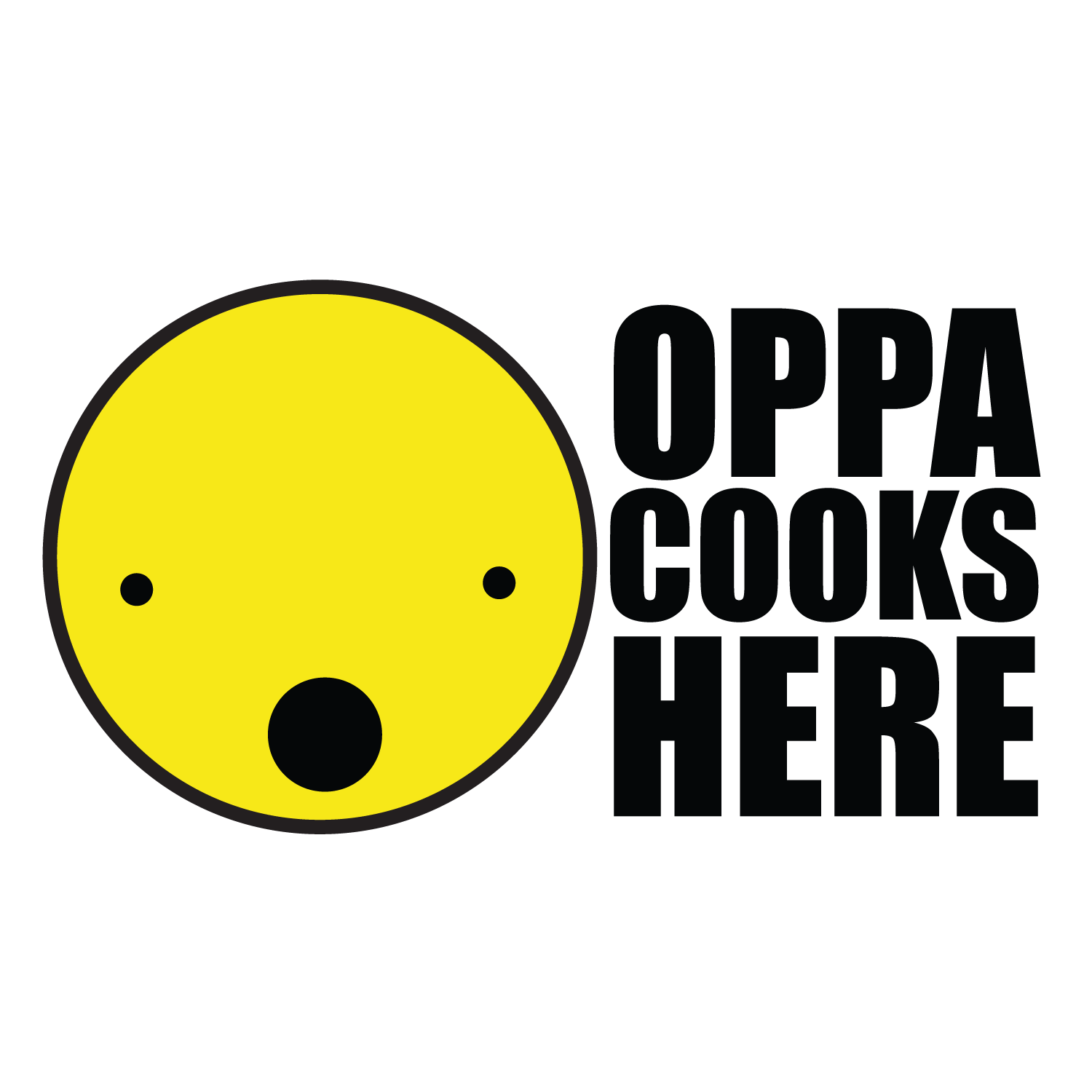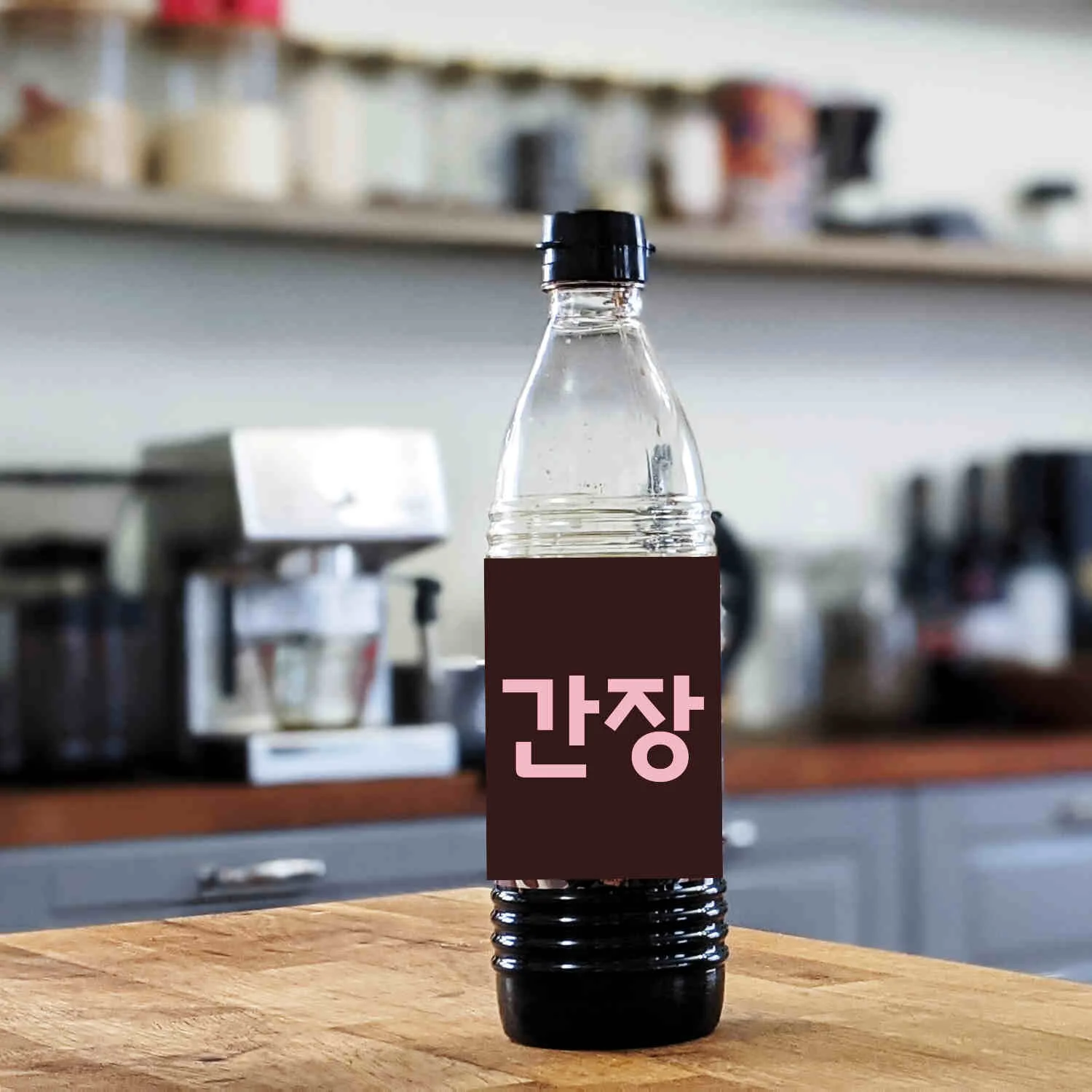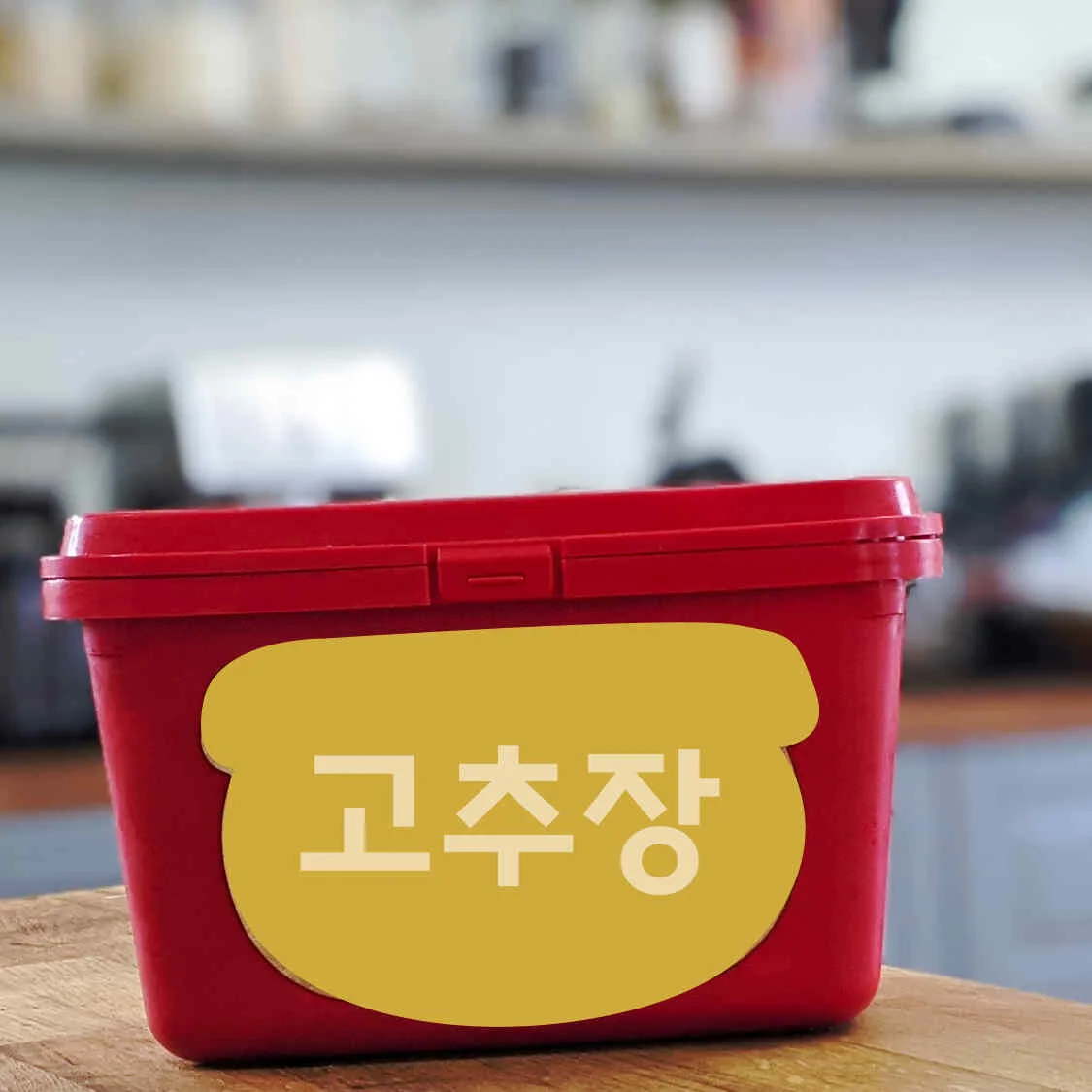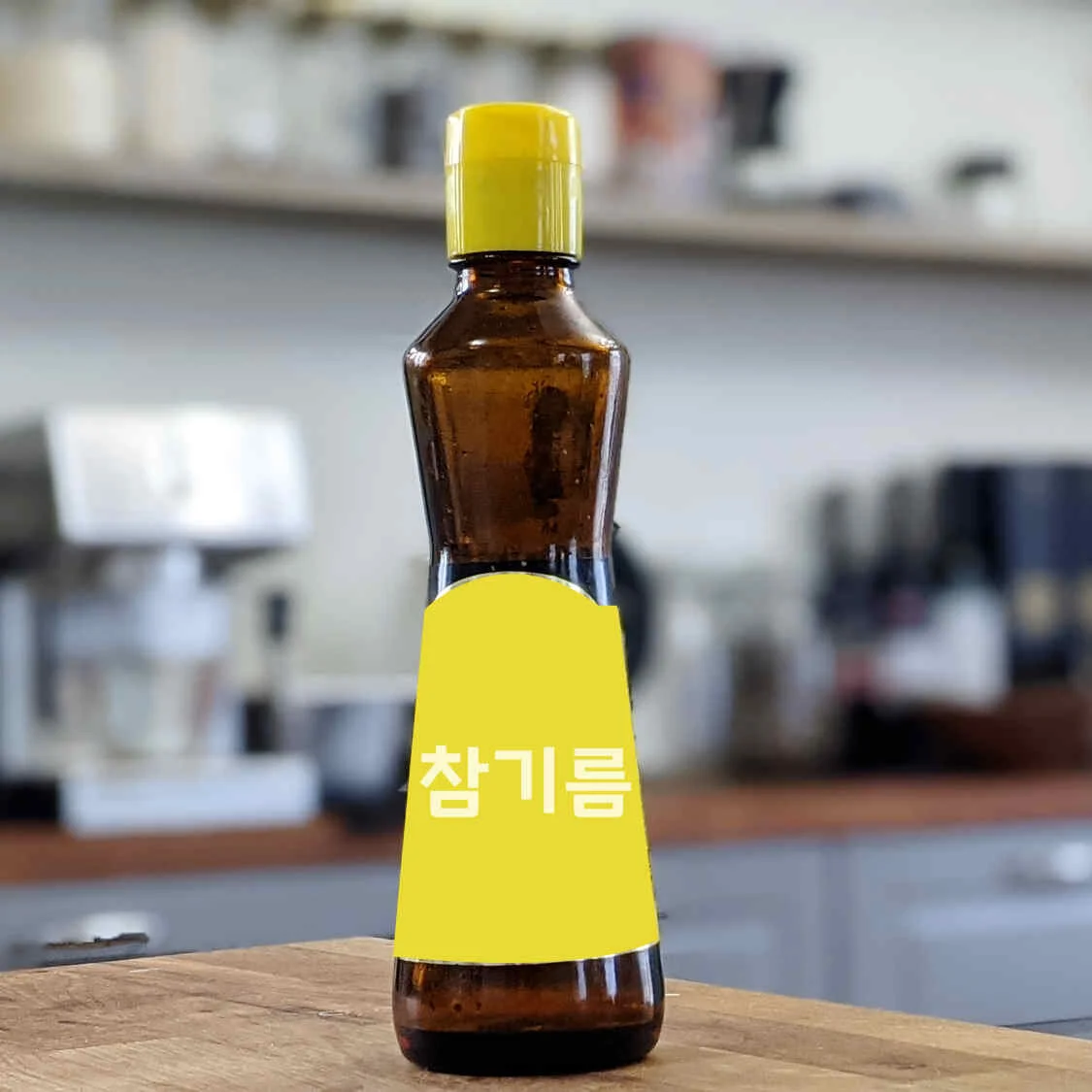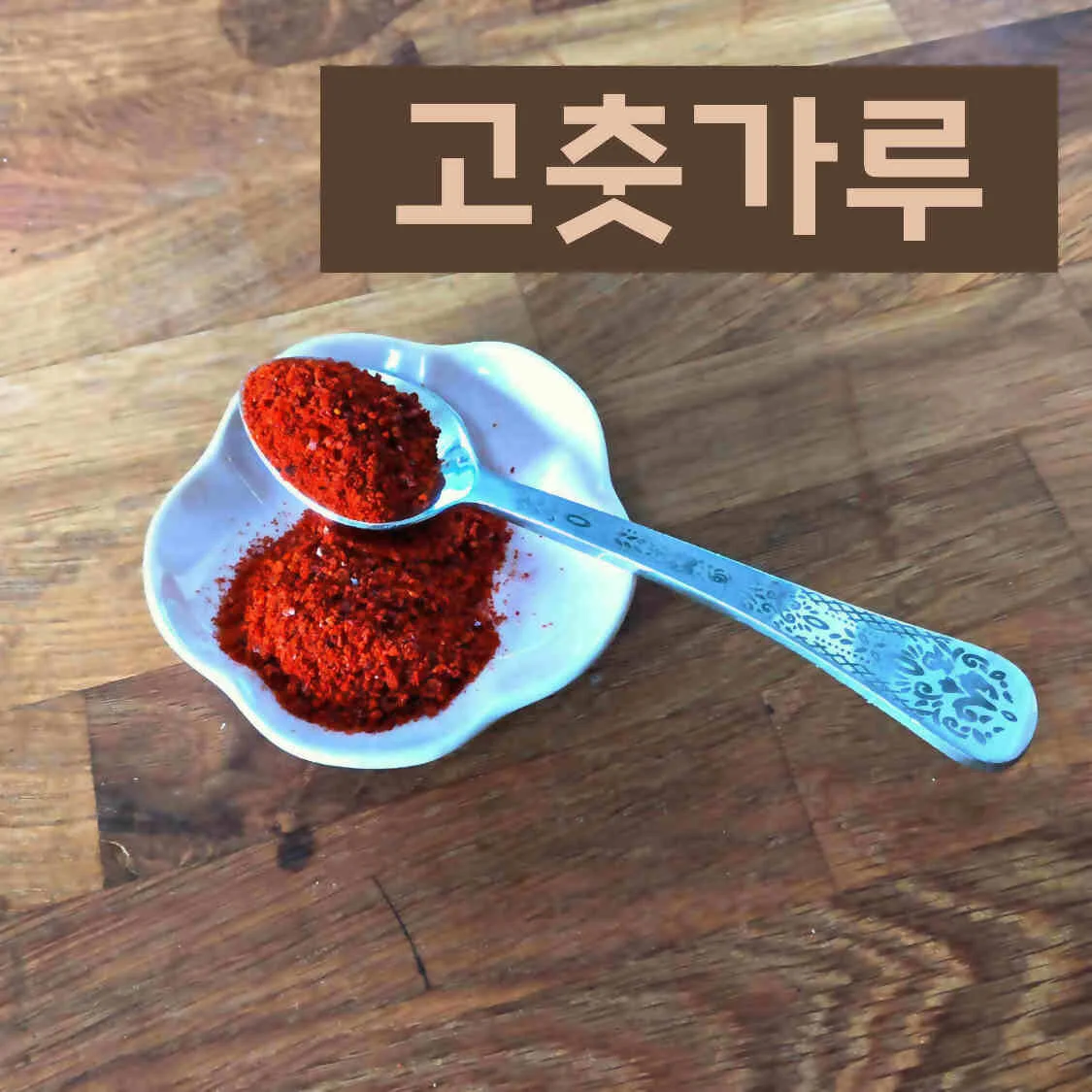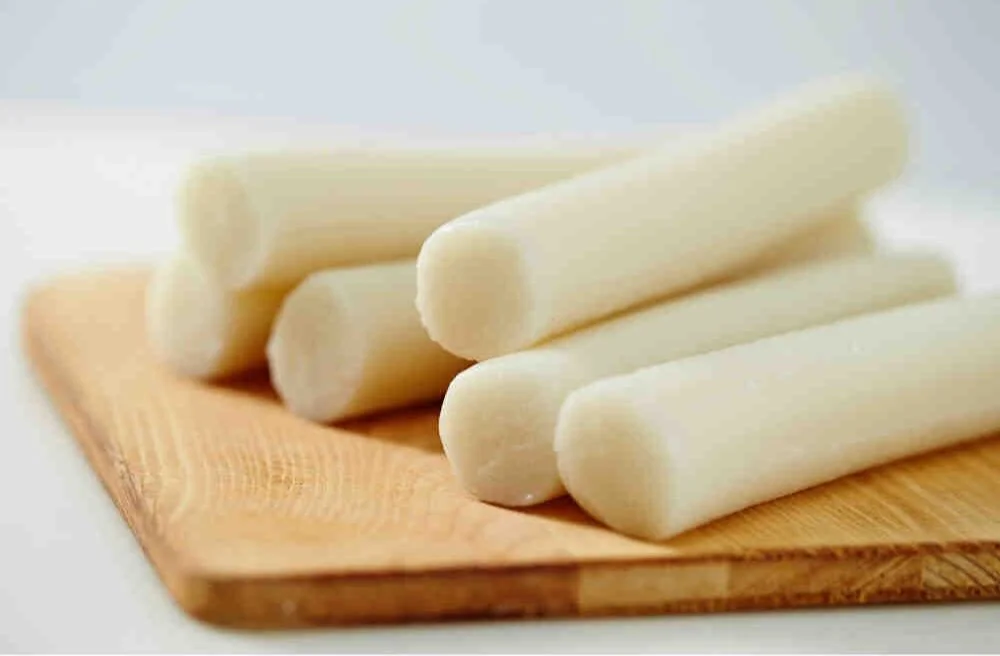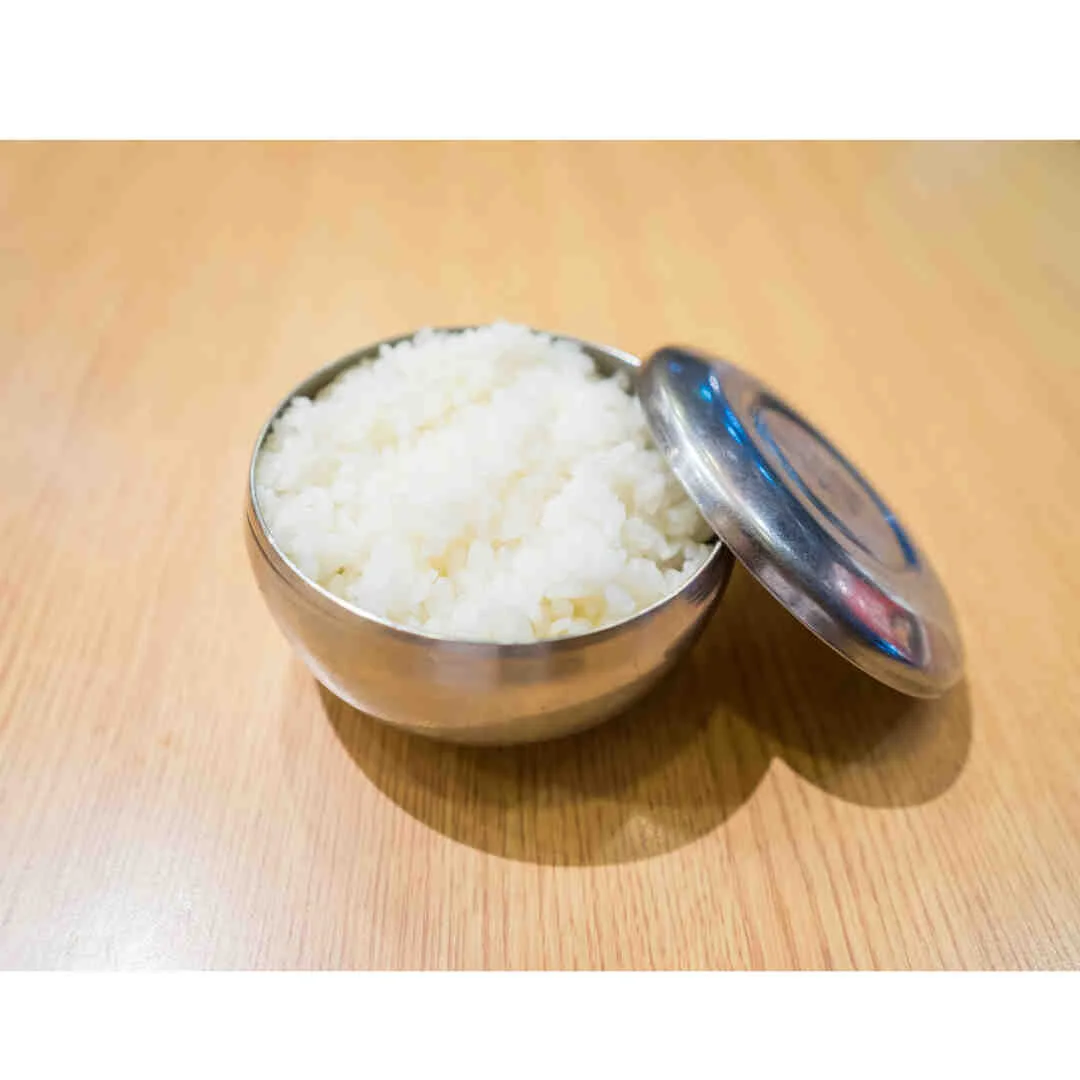Korean Fermented Soy Bean Paste
doenjang.
“ DWEN - JAAHNG ”
TL;DR A necessity for Doen-Jang Jjigae (fermented bean stew) fans; Otherwise, you can opt out of this one.
You will need to buy this if you want to make the famous Doen-Jang Jjigae aka Korean Soybean Paste Soup. Other than that, you can also make the dip for Korean BBQ with this. Mix this with equal parts GOCHUJANG aka Chili Paste (plus sugar/honey, and whatever you like: garlic/onion) and you’ve got meat dip (SSAMJANG).
If you will never make stew/soup and only enjoy Korean BBQ dip, you can skip this as they also sell ready-to-eat dip called SSAMJANG- usually in a green container.
DOENJANG (fermented soybean paste) in its original form consists only of soybeans that are soaked in salt water and left to ferment for months. You’d then drain the liquid which becomes Guk-Ganjang (soup soy sauce) and the remaining paste, is well, the fermented bean paste. Most products you’ll see in the supermarket shelves are made in factories so the fermentation process is sped up with most often wheat. But there are always “premium” products available; boutique labels that still do it the old fashioned way should be gluten-free.
Once you acquire the taste for this, you will find you can add a bit to many soups, stews and meat dishes as it will add a depth of flavour that doesn’t overpower. You can add a bit to Kimchi stew, or it can be part of a meat marinade, I’ve even seen a suggestion on a Facebook group that a bit mixed into scrambled eggs instead of salt makes for a tasty addition.
You will find the selection staggering. The marketing mostly focused on the methods used. You will find maaany terms that mean similar things and sometimes can be very misleading.
An ideal example is in our fridge right now. It is labeled “전통”. This translates to “traditional”. So you buy it and go home feeling all great how the long fermentation process will have created this healthy Korean product that will help you live longer. Nuh-uh.
Although it is called “traditional” for some reason, you will know it is made in a factory because the ingredient list contains wheat or anything (preservatives, flavouring agents) other than soybeans and salt.
Unless you have dietary restrictions, you really can’t go wrong in the paste section. Check the ingredient label. If it has soybean and salt, has pictures of brown bean blocks and the package is brown, you got the right one. Like this one, or this one. How about this one: it’s Non-GMO and unpasteurized.
If it has numerous ingredients like garlic/onion/chili/blah blah, it’s flavored. This can also be used for soups, stews and dip. Just a matter of preference.
You may also be interested in: How to Store Korean Ingredients
Gluten-intolerants or those interested in the “real deal”:
Jook Jang Yeon Premium Doenjang: 1,000 days fermentation. No additives/preservatives: Soybean, salt, water.
Yoon Ji-Yeong Artisan DOENJANG: Made in the traditional way, no preservatives or additives.
Yoon Ji-Yeong Artisan Made 3-pk Gift Set: Doenjang, Gochujang and Ganjang made traditionally with no preservatives or additives.
Disclaimer: As an Amazon Associate I earn from qualifying purchases. Your support by purchasing through links will give me the energy to work on the website into the wee hours of the night. Thank you!
